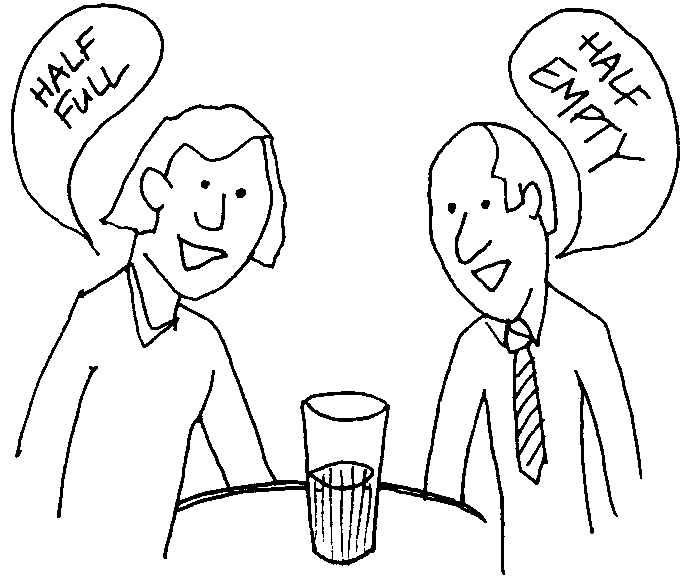 1.) Respect the price action but never defer to it.
1.) Respect the price action but never defer to it.
Our eyes are valuable tools when trading, but if we deferred to the flickering ticks, stocks would be “better” up and “worse” down. That’s backward logic.
2.) Discipline trumps conviction.
No matter how strongly you feel on a given position, you must defer to the principles of discipline when trading. Always try to define your risk and never believe you’re smarter than the market.
3.) Opportunities are made up easier than losses.
It’s not necessary to play every day; it’s only necessary to have a high winning percentage on the trades you choose to make. Sometimes the ability not to trade is as important as trading ability.
4.) Emotion is the enemy when trading.
Emotional decisions have a way of coming back to haunt you. If you’re personally attached to a position, your decision-making process will be flawed. Take a deep breath before risking your hard-earned coin. See related link.
5.) Zig when others zag.
Sell hope, buy despair and take the other side of emotional disconnects. If you can’t find the sheep in the herd, chances are you’re it. (more…)


 Perceptions are a normal part of daily life. It is normal to have a perception of someone, something or a situation, but this perception is often judgmental. One tends to allow feelings, emotions and looks to affect the perception. Despite being a normal and inherent part of human psychology, perceptions can be highly problematic if left uncontrolled in the case of traders.
Perceptions are a normal part of daily life. It is normal to have a perception of someone, something or a situation, but this perception is often judgmental. One tends to allow feelings, emotions and looks to affect the perception. Despite being a normal and inherent part of human psychology, perceptions can be highly problematic if left uncontrolled in the case of traders.
 Trading has to do a lot with yourself. Trading is not about the market.
Trading has to do a lot with yourself. Trading is not about the market.